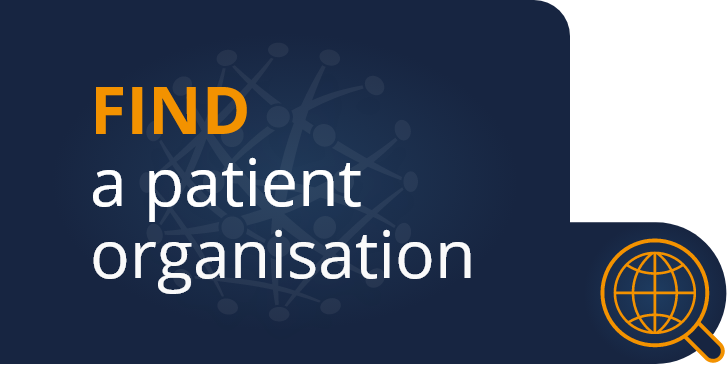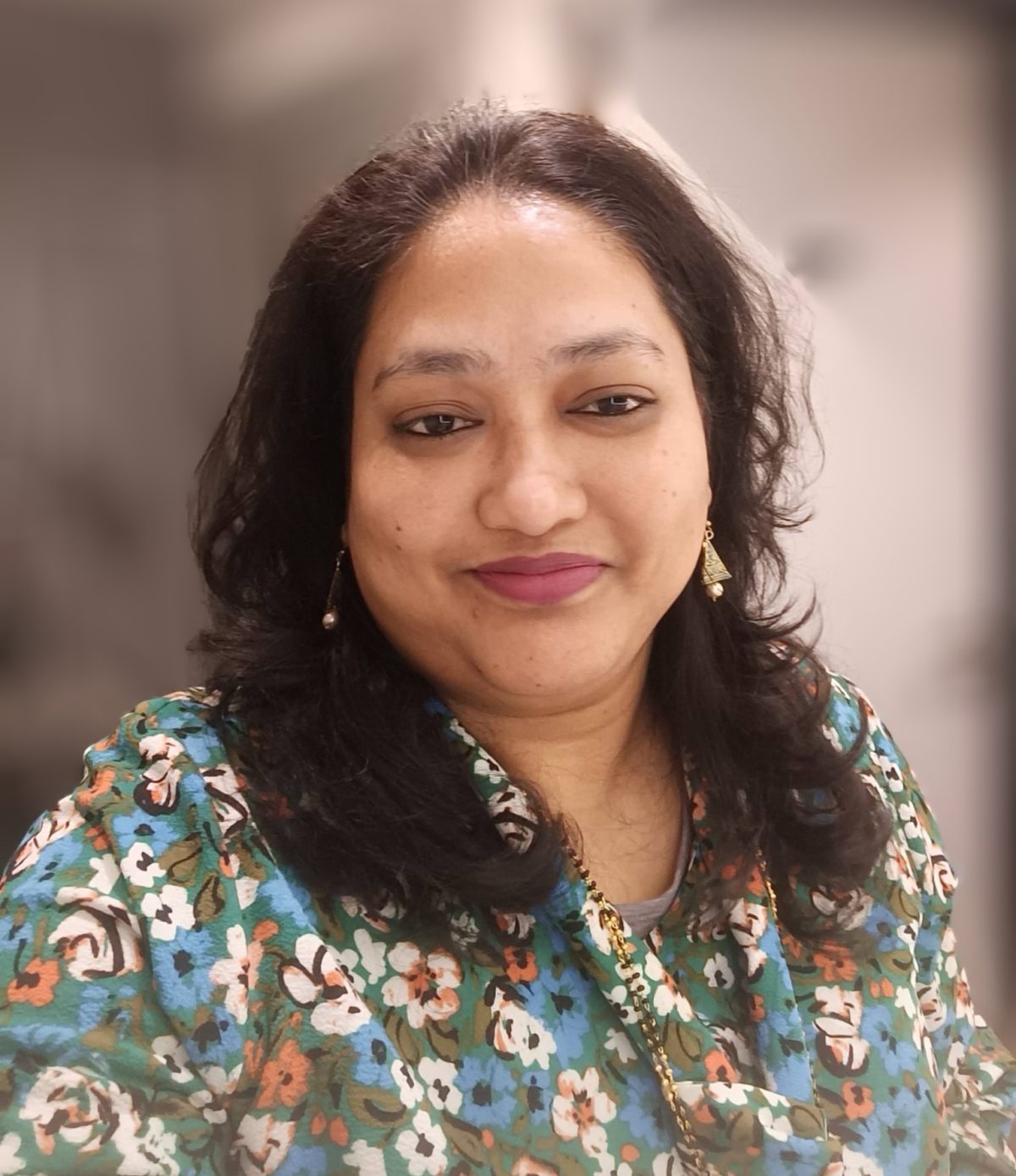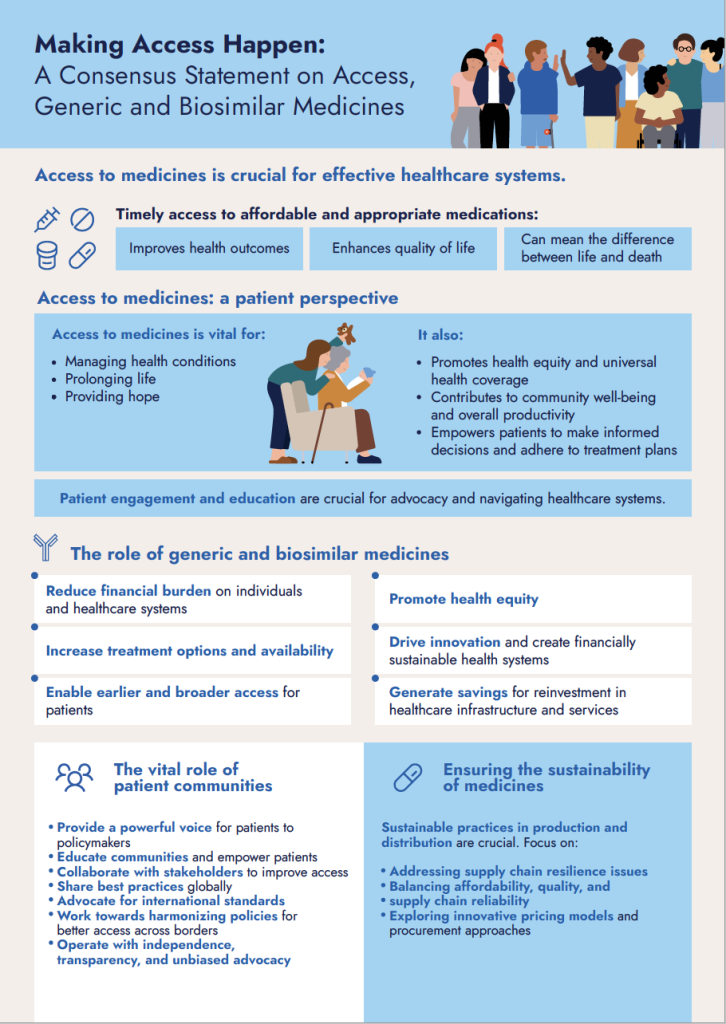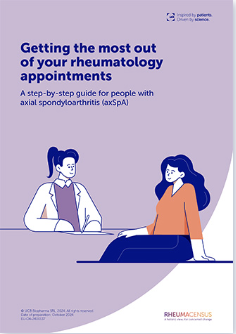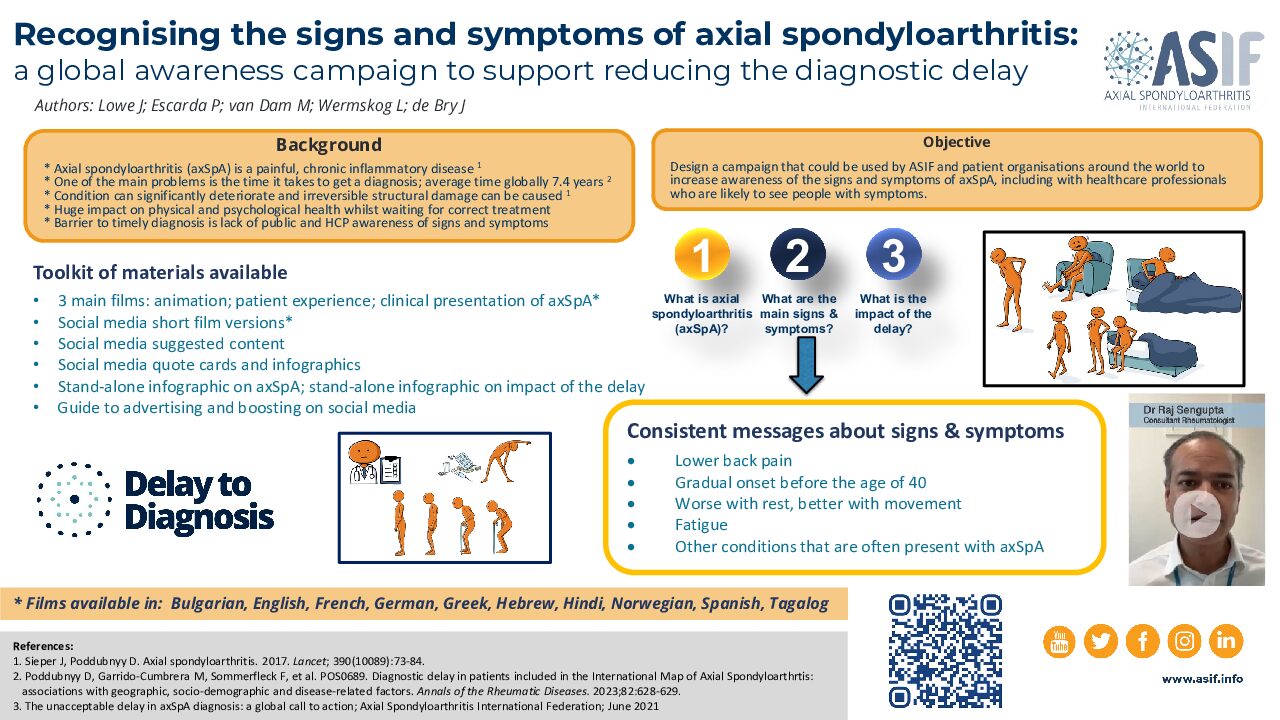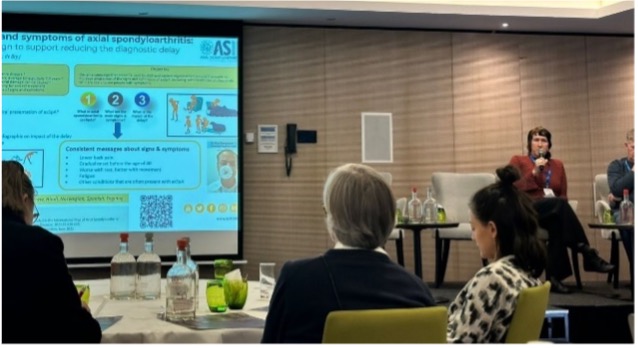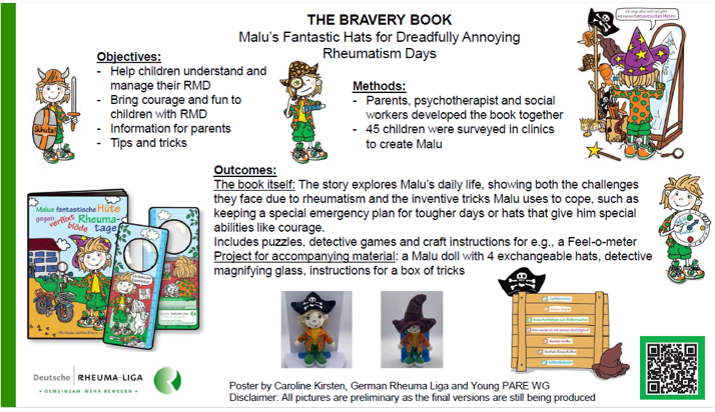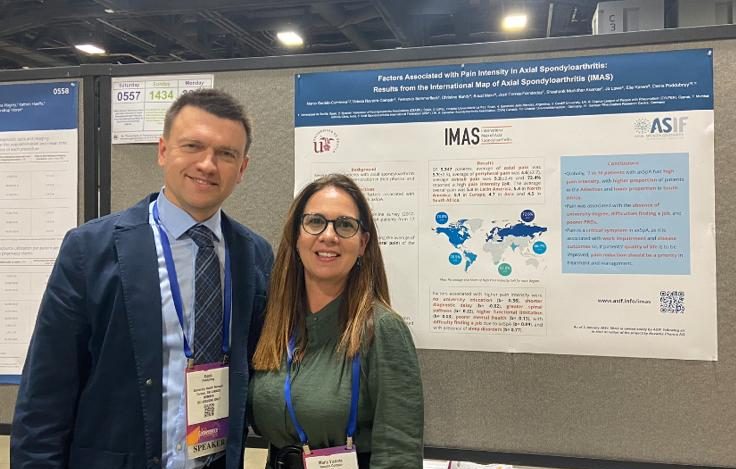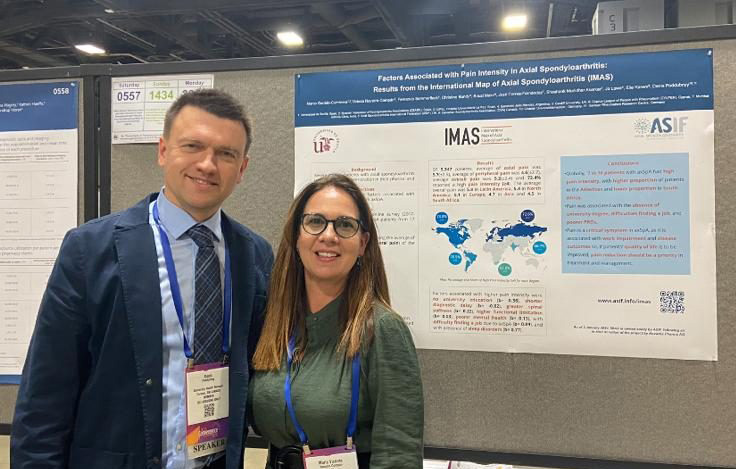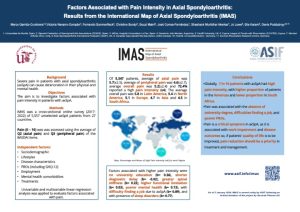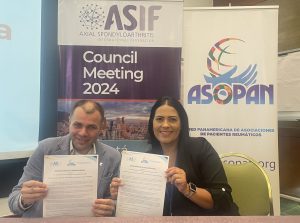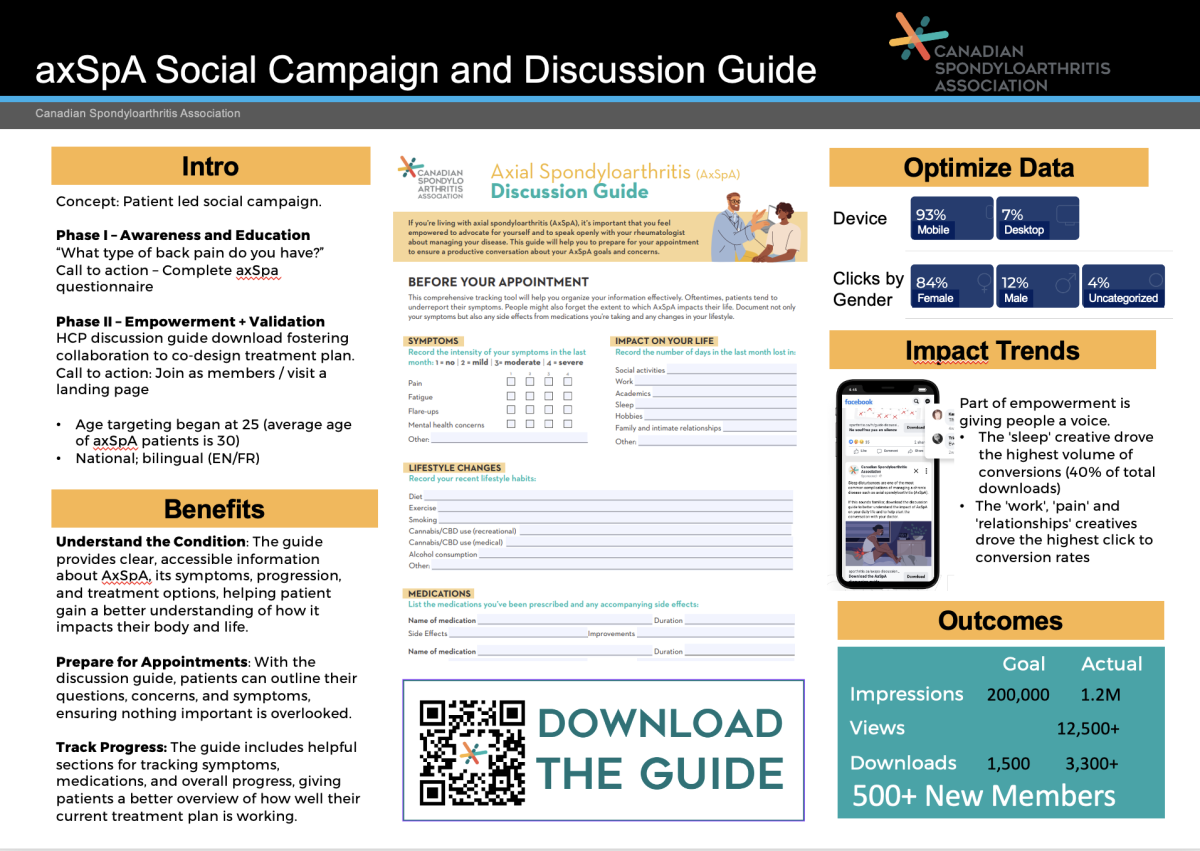Following our recent call for new Trustees, we are delighted to announce the successful appointments. Prachee Bhosle, Julieth Buitrago and Nadia Malliou. The quality of applications was impressive, and we thank all who applied. The new Trustees will bring fresh ideas and expertise to the Board. I am sorry to report that Susan Davies resigned from her position as Treasurer.
The full Trustee Board is now as follows:
Zhivko Yankov, Chair
Lillann Wermskog, Vice Chair
Andri Phoka, Secretary
Prachee Bhosle
Julieth Buitrago
Tuncay Duruöz
Nadia Malliou
Cassie Shafer
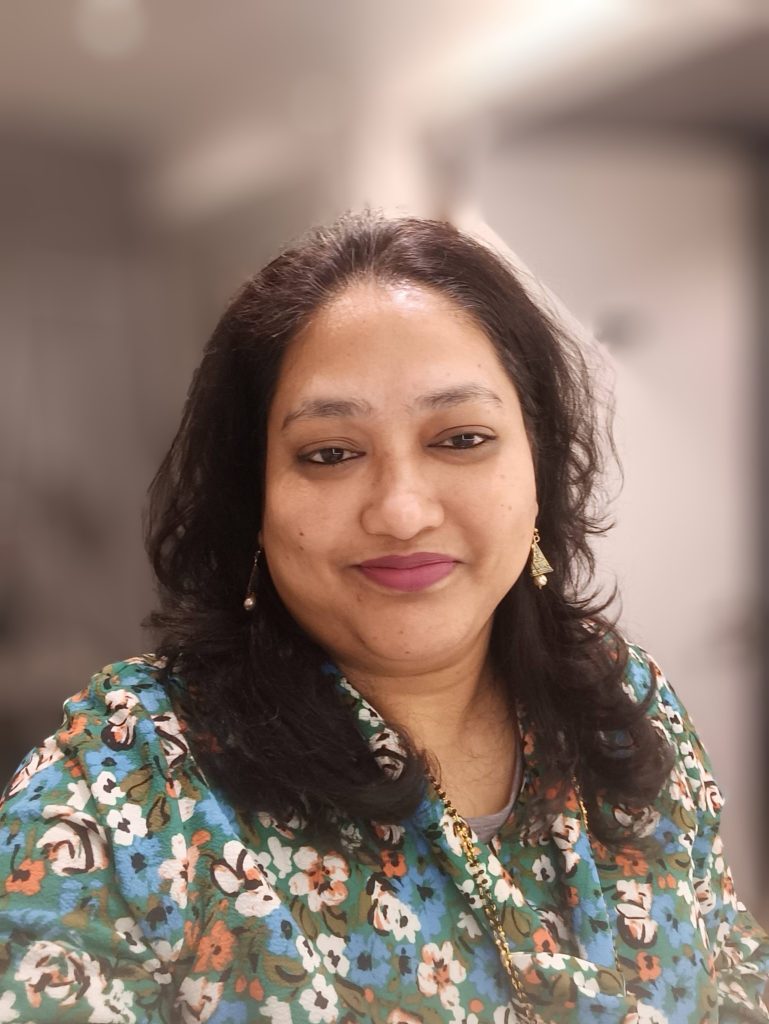
Prachee Bhosle, India
Prachee is the President of the Ankylosing Spondylitis Welfare Society (ASWS), a patient-led charity in India dedicated to raising awareness and advocating for axSpA patients and caregivers.
Prachee holds a Master’s degree in Social Psychology and a Postgraduate Diploma in Counselling Psychology. While raising her children and taking care of several pets, she remained committed to social work and advocacy.
Prachee has represented ASWS at international platforms such as the GAfPA Roundtable in Brussels, the EULAR Conference in Vienna, the ASIF meeting in Bogota, and the PARE Conference in Brussels. She was also a member of the Novartis Health Advocacy Council. Prachee continues to balance her family life and advocacy work, striving to create positive change for the axSpA community.
Julieth Buitrago, Colombia
Julieth was born in Colombia and raised in Bogotá. She earned her degree as a lawyer and business administrator. She specialised in labour law, social security and business management and has an MBA in Business and Administration.
She was diagnosed with axSpA in 2010 and since then has worked to lead and support the axSpA community and those with other conditions.

In 2014, Julieth became a founding member of the Ankylosing Spondylitis Foundation in Colombia, an organisation created to spread knowledge of the disease through a network of multipliers, to advance early detection and support patients by improving their quality of life.
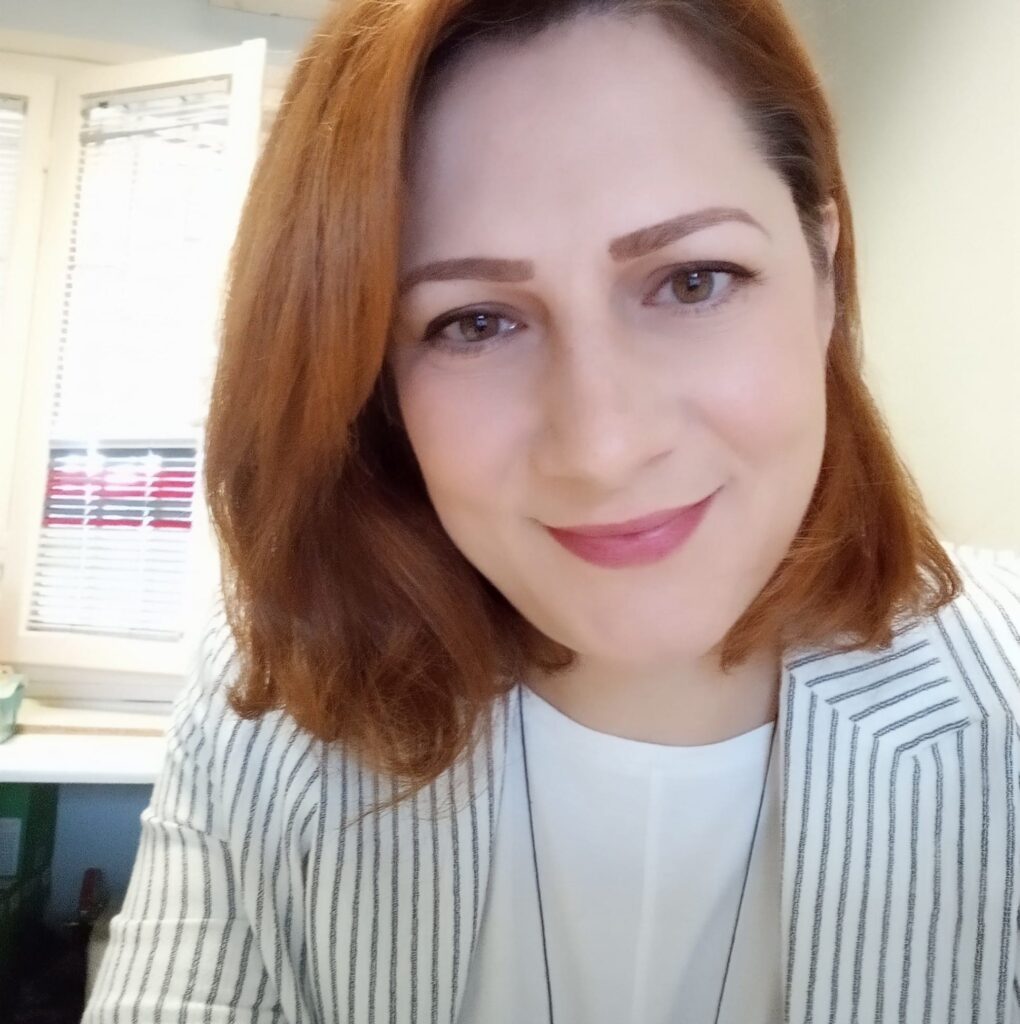
Nadia Malliou, Greece
Nadia is a licensed cognitive and experimental psychologist experienced in various professional settings both in mental health services, primary care services and administration. She’s an axSpA patient herself and focuses on RMDs and chronic pain working as a volunteer with EULAR PARE, the Pain Alliance Europe-PAE, the European Pain Federation EFIC, ASIF, the Hellenic League Against Rheumatism ELEANA and the Federation for Rare Diseases.
Nadia recently started her PhD. Meanwhile, she’s a volunteer supporting patients in the Pain Unit of Thessaloniki General Hospital AHEPA. She has participated in several research projects either as a researcher or a patient research partner and has been an invited speaker in numerous conferences. Working with HCPs but most importantly with other patients has been a meaningful experience that contributed to her empowerment and self-improvement as a patient and a professional. Nadia’s inspirational quote is: everyone you meet is fighting a battle you know nothing about. Be kind. Always.
